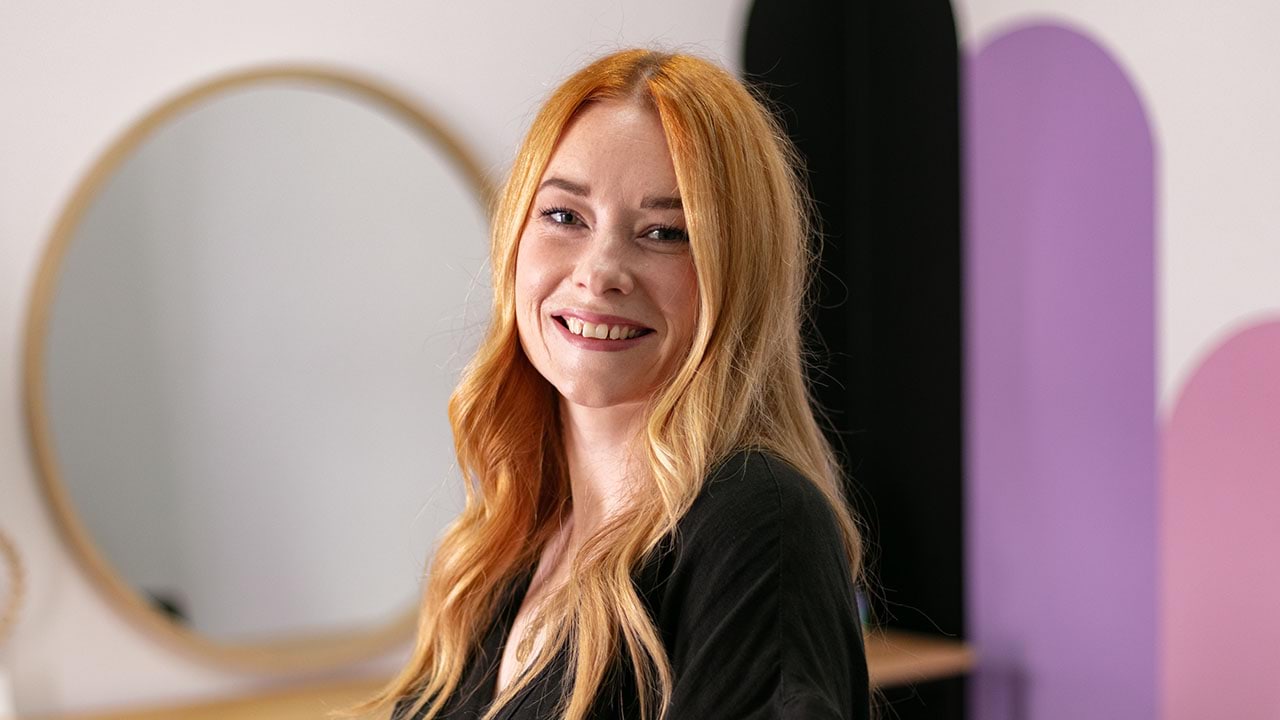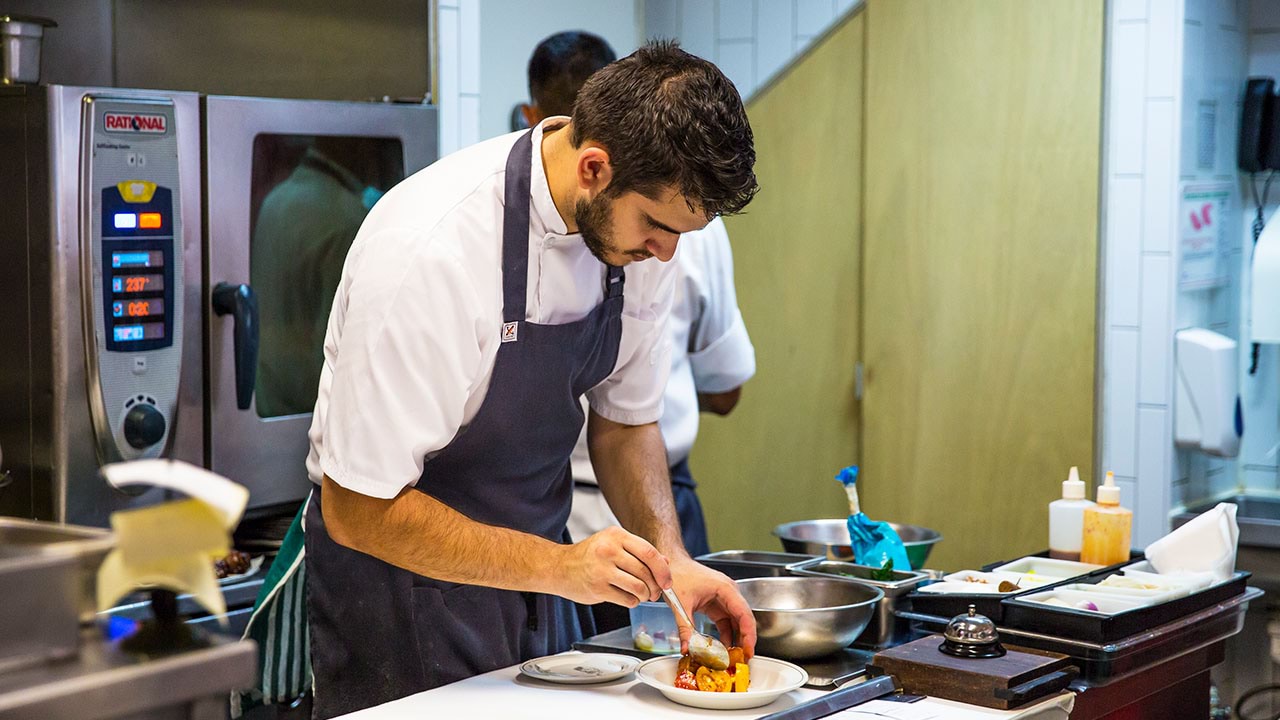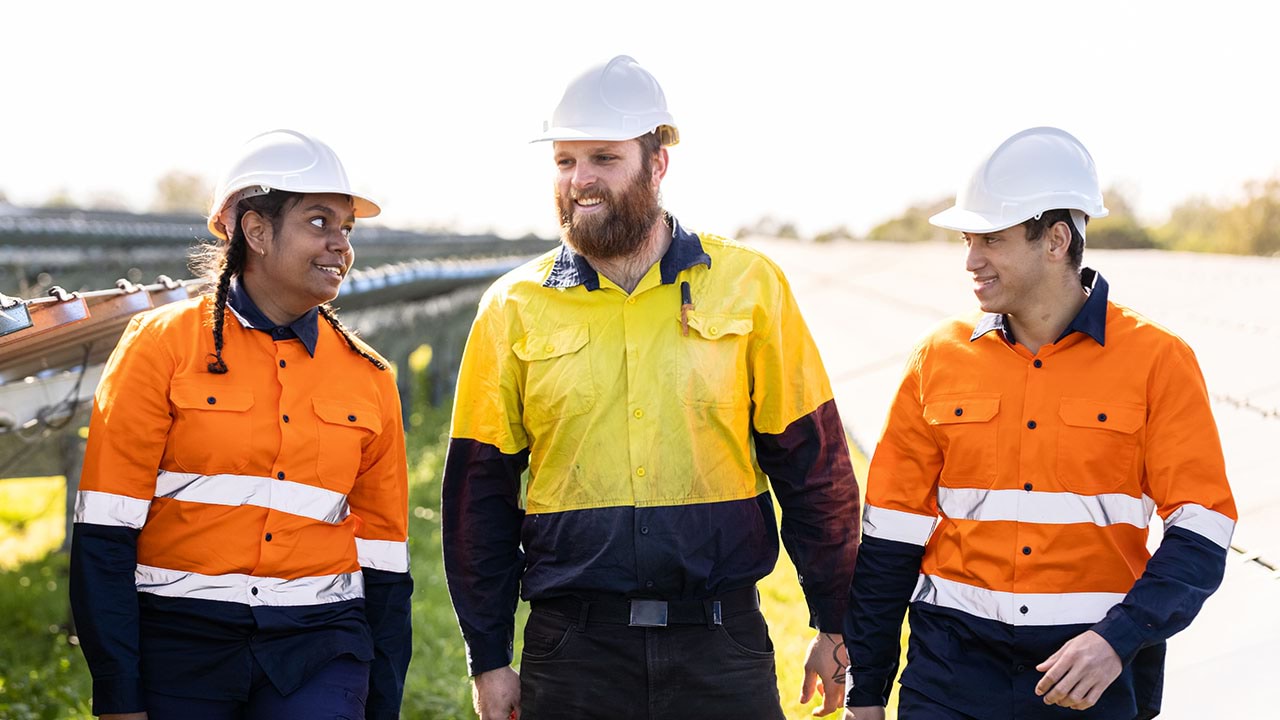A hairdresser washes, cuts, styles and colours hair in a salon or home setting. If you’re passionate about hair styling and trends, this role could be for you.
Find out what a hairdresser does and the related Vocational Education and Training (VET) courses and pathways you can take to secure a job.
What is a hairdresser?
Hairdressers work in salons and people’s homes. As a hairdresser, you wash, cut, colour and style hair, and help treat hair and scalp conditions.
This is a great job for someone who likes to work with their hands, and doesn’t mind working on their feet. If you’re a people person with the ability to build strong relationships with clients, this is also a plus.
Find out more about hairdressers(opens in a new window) and these related jobs on the Victorian Skills Gateway(opens in a new window):
- beauty therapist(opens in a new window)
- hair or beauty salon assistant(opens in a new window)
- hair or beauty salon manager(opens in a new window)
- make up artist(opens in a new window).
Related training courses
Explore these related TAFE and training courses on the Victorian Skills Gateway(opens in a new window):
- barbering(opens in a new window)
- beauty(opens in a new window)
- hairdressing courses(opens in a new window).
You may be eligible for government funding to help pay for your course.
Median salary
The median weekly earnings for hairdressers in Australia is $1,121.
Source: Jobs and Skills Australia(opens in a new window)
Note this salary is current as of January 2025 and is indicative only. A range of salaries apply to different roles across the industry.
Job demand in Victoria
Below are the projected employment for hairdresser jobs in Victoria. Figures show the number of workers in 2024 and the new workers expected to enter the workforce by 2027 and 2034.
‘New workers expected’ accounts for workers adding new jobs to the economy and replacing retirees over the next 3 and 10 years. These projections are estimates only. There will be additional jobs available as people move between jobs and industries.
| Region | Workers 2024 | New workers expected by 2027 | New workers expected by 2034 |
|---|---|---|---|
| Victoria | 15,327 | 884 | 4.973 |
| Melbourne – inner metropolitan | 1.899 | 152 | 718 |
| Melbourne – inner south-east metropolitan | 1,256 | 56 | 339 |
| Melbourne – southern metropolitan | 2,220 | 111 | 673 |
| Melbourne – northern metropolitan | 1,841 | 133 | 734 |
| Melbourne – eastern metropolitan | 2,192 | 92 | 607 |
| Melbourne – western metropolitan | 1,588 | 150 | 734 |
| Ballarat and surrounds (Central Highlands) | 470 | 20 | 151 |
| Bendigo, Echuca and surrounds (Loddon Campaspe) | 706 | 27 | 176 |
| Geelong, Colac and surrounds (Barwon) | 1,013 | 50 | 367 |
| Gippsland | 822 | 60 | 219 |
| Horsham and surrounds (Wimmera Southern Mallee) | 126 | <10 | 20 |
| Mildura, Swan Hill and surrounds (Mallee) | 240 | <10 | 39 |
| Shepparton, Seymour and surrounds (Goulburn) | 327 | <10 | 63 |
| Wangaratta, Wodonga and surrounds (Ovens Murray) | 304 | 20 | 73 |
| Warrnambool, Hamilton and surrounds (Great South Coast) | 323 | <10 | 59 |
Source: Victorian Skills Authority Employment Projections Dashboard
Career story

Styled for self-image: Paige’s hairdressing impact
“Our apprenticeships are naturally very practical. You’re in the salon getting first-hand experience which opens up windows of opportunity for learning, growth and making connections in the industry.”
Resources to plan your next steps
Visit our personal services industry profile to find out about:
- what it’s like to work in personal services, and some of the jobs you could do
- training and skills to work in the industry, and financial assistance to help pay for your course
- help getting a job in personal services, and industry job projections for Victoria
- other free resources and advice to plan your training and career.
Explore growing industries in your region
Updated



